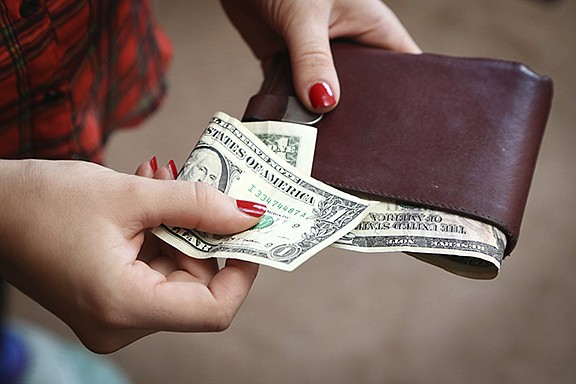Hopefully, no reader felt any unwanted twinges from last week's scamming procedures. Combine those with today's list for savvy consumerism.
- Ransomeware - a program that almost knocked yours truly upside the head last week - restricts or disables a computer, hijacks and encrypts files, then demands a fee to restore the machine's functions. As savvy as I like to think I am, I believed most ransomeware hit businesses, rather than individuals. Nope. Luckily, I contract with a smart IT expert (Chris Wesson) who told me to perform the exact opposite instructed by the program. Lesson learned. Anytime you're remotely suspicious of a computer activity, call your provider immediately before taking other action.
- Scareware is a program that gives an on-screen warning saying you're being infected by nonexistent viruses. Its objective is to trick users into installing malware or buying false antivirus protection.
- Skimmer is a tiny device that deducts cash from your ATM account and gathers credit card information from a gas pump or restaurant, among other robberies. These aren't the only scenarios. That little magnetic stripe on credit and debit cards is the skimmer's target so be cautious about handing over your cards to anyone you don't know for any service whatsoever, and be extra careful to ensure any slot you slide your card into is vacant. Inspect the card reader to be sure it's identical to others nearby, is firmly in place and no small camera can be seen around. Never use a debit card at the gas pump so you won't have to input its PIN.
- Smishing is a phishing attempt that goes to your mobile devices via text messages. The assault "advises" the user to call a toll-free number, which often plops lots of change into the pockets of the Smisher.
- Spear-phishing uses phishing with personalized email, often appearing to be from someone you know. (Many robocalls with local area codes fit this bill.)
- Spoofing allows scammers to disguise themselves as a specific person or, perhaps, a person within a specific agency. Moreover, these fraudsters manipulate your phone's caller ID to display a false name or number.
- Spyware is a type of malware. A scammer installs this bad program on your computer or cellphone to track your actions and collect information without your knowledge.
- Vishing, another form of phishing that uses recorded phone messages to trick you into revealing very private info.
- Whaling phishes for corporate executives or employees who work in the company's payroll departments. The scammer poses as the company's CEO or, perhaps, its attorney or even a vendor to obtain payments or hush-hush data.
We heard great news last week from the Federal Communications Commission (FCC) that it intends to put robocallers out of business. However, until that happens (as well as all other trickery), it's urgent we never forget that scammers create new schemes and fraudulent activities every day. Whether to burglarize our bank accounts or to steal our personal identities, criminals never rest; therefore, consumers must remain vigilant. No more victims around here, okay?
Contact Ellen Phillips at consumerwatch@timesfreepress.com.
